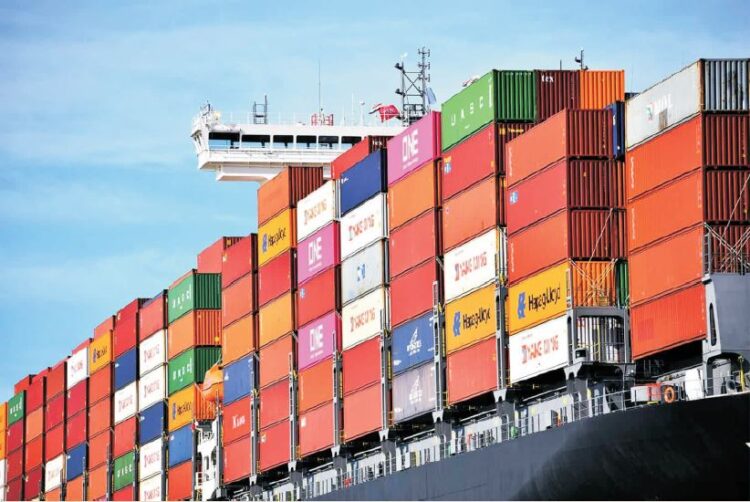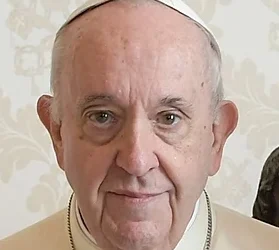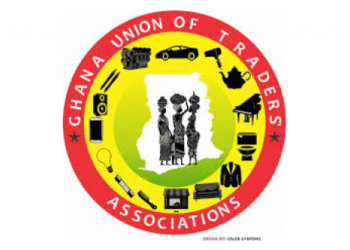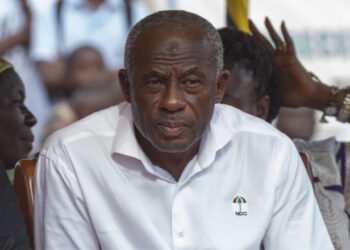The Importers and Exporters Association of Ghana has raised strong objections to the recent 10% tariff increase imposed on Ghanaian goods by the United States under the administration of President Donald Trump, describing the move as a breach of international trade norms and a direct threat to Ghana’s economic stability.
In a press statement issued on Wednesday, the Association criticised the decision, stating it “represents a blatant disregard for the protocols and principles upheld by the World Trade Organization (WTO)” and called for urgent government intervention to assess and mitigate the fallout.
The group warned that the tariff hike will severely undermine Ghana’s export competitiveness in the U.S. market, affecting key sectors and potentially triggering job losses, financial instability, and slowed economic growth.
“This tariff hike poses significant threats to our economy and the livelihoods of countless Ghanaian businesses and workers,” the Association said. “It will make Ghanaian exports less attractive, reduce demand, and erode revenue streams for exporters.”
Beyond trade, the Association outlined several ripple effects the new tariff could generate, including:
- Job losses and widening inequality, as export firms face possible downsizing.
- Increased interest rates, driven by financial uncertainty and pressure on local credit systems.
- A deteriorating trade balance, as weakened exports clash with steady import volumes.
- Slowed national growth, with negative implications for government revenue and development planning.
In response to these concerns, the Association called on the Ministries of Trade, Agribusiness and Industry, as well as Foreign Affairs, to convene an urgent stakeholder dialogue to evaluate the full impact of the U.S. policy and explore diplomatic avenues to address it.
“We urge the Ghanaian government to take proactive steps to support exporters by offering incentives and relief packages to cushion affected businesses,” the statement added.
The Association concluded by reaffirming its solidarity with the exporting community and urging swift action from national authorities to protect jobs, preserve Ghana’s trade gains, and uphold the country’s economic interests on the global stage.
















